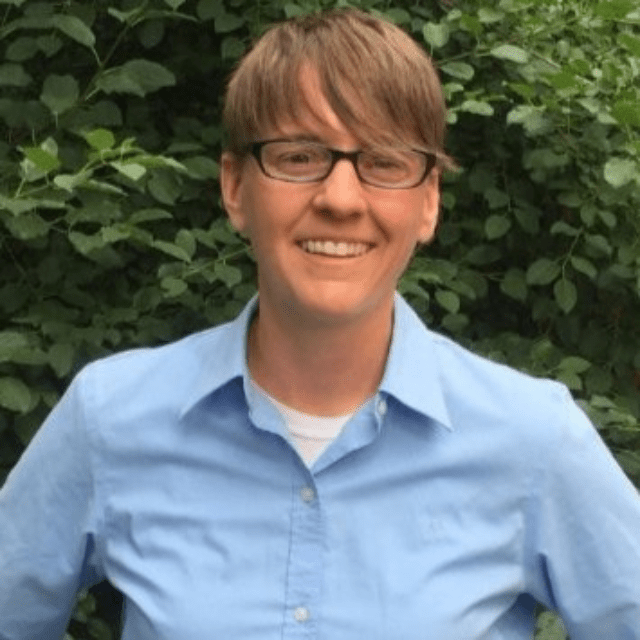Today we are featuring an interview with Bobbie Kite. Dr. Kite (Ph.D., Public Health, University of Texas at Houston; MHS, Health Sciences in Emergency and Disaster Management, Touro University, and current MTS student at Iliff School of Theology) is a professor with a focus in the Healthcare Management and Health Informatics Programs at University College, University of Denver. Before working at the University of Denver, Bobbie was jointly appointed in the Department of Biomedical Informatics and the Ohio State University Health Plan at The Ohio State Wexner Medical Center. Dr. Kite’s research brings knowledge in population health informatics, competency-based education, and AI and ethics. Read Dr. Kite’s interview:

How would you describe your experience with AI?
I have been working with AI for curriculum development for the past couple of years. In addition, I’ve done work in nearest neighbor data matching for healthcare treatment options. Much of the work I’ve done is related to education and adoption rates with population health parties and payers. I look at AI from a 4P perspective: the person/patient, provider, payor, and population.
How would you describe your faith background?
I was raised and confirmed Catholic and my father was Southern
Baptist. My pawpaw was a Southern Baptist Preacher and I would say he was a professional listener. In 2016, I became a confirmed Episcopalian. In addition, I embrace 12 step theology and have
utilized 12 step recovery methods to grow my faith for 30+ years now.
What led to your interest in the intersection of AI and faith?
I began working on a Master’s in Theological Studies at Iliff School of Theology to complement my previous academic work in public health, and academia to address what many folks think of a stark divide between science, data, and humanity and compassion. I am interested in convening work, conversations, and collaborative work in the intersection of meaning making or faith and AI. There are many ethical and operational opportunities at this intersection, and I’m committed to bringing people together to explore and materialize these opportunities
Why are you involved with AI&F?
Although things have been overwhelming this year, My hope is that I am able to work with others at AI&F on curriculum, and industry/practical projects.
How does AI&F affect your work outside the organization?
Knowing I am a part of the organization provides me a security knowing that I have support for work in these spaces. This is an invaluable network to be a part of and I look forward to building more connections with others due to the organization.
What open problems in AI are you most interested in?
Currently, I am most interested in AI problems related to the ethical implications of AI use in streamlining workflows. My day to day activities push me to find ways to bring meaning making/faith into conversations around AI in secular settings. I need more help and collaboration in these spaces. It is showing up quite a bit in governance work. In addition, building relevant curriculum and engagement opportunities from an academic standpoint in crucial as well.


